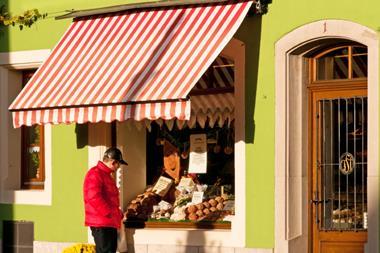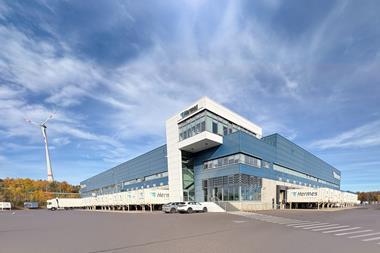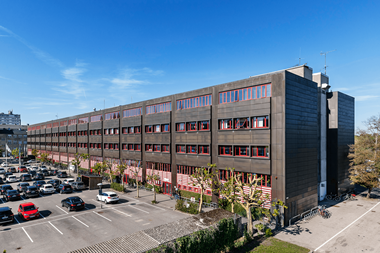Germany is a very decentralised property market with high stability and low volatility – generally “unexciting” – participants in a panel discussion at the IP Real Estate Global Awards in Munich agreed.
Charles Pridgeon, CIO at Allianz Real Estate, summed up his company’s view of this market: “It is boring with a downside risk.”
He said “investors’ stock-picking has to be very good” in Germany, as “the wrong floorplate” can stall a sale or rental in certain areas of Munich.
Paul Murphy, director of private funds real estate at Ernst & Young, agreed that Germany was a “high-yielding, stable market with low volatility”, but pointed out that that was just “what most pension funds and insurers are after”.
He added there “is a place for boring in the portfolio”.
A real danger was seen by all panellists in the new draft bill for a rental price cap, or Mietpreisbremse, which could be introduced as early as next year.
According to the government’s plans, German provinces are to be allowed to cap residential rents in new lease agreements for certain areas with “strenuous residential markets” at 10% above the “regional average”, which is based on so-called Mietspiegel, or rent comparison tables.
Axel von Goldbeck, managing director at the German real estate lobby group Zentraler Immobilienausschuss (ZIA), said: “But, currently, there are no unified rules for these tables or common benchmarks on compiling them, and they are usually lagging behind the actual average rental level by 20-30%.”
He sees a danger of rents being stuck at too low levels for years because of this measure.
While rents under first lease agreements in newly erected buildings in these areas are exempt from the cap, the second lease agreement will fall under the new regulation and probably be stuck “for several years until the Mietspiegel” has caught up with the actual price level.
Von Goldbeck’s fears might be exaggerated if the government sticks to its plan to keep the Mietpreisbremse in place for only five years.
But in the discussions on the new law, the ZIA managing director said he had heard politicians say it might be kept in place for longer.
“We are trying to limit the measure to five years – this would mean rents would go up now, then people will hold their breath for five years and afterwards rents will go up again,” he said.
Pridgeon agreed the introduction of a rental cap would be “totally counterproductive” and that the rental stock available for tenants would be diminish, “exactly the opposite of what the government hopes to achieve”.
“Property owners will just sell off their properties instead of renting them out,” he said.
Von Goldbeck argued the government “just should have let the market solve the problem”, adding that this had already begun with construction having increased in recent years.
“The risk incurred by new legislation is that this very positive development is interrupted for a few years,” the ZIA managing director said.
The shortage of properties is scaring off investors, according to Murphy.
“Fewer managers are trying to raise money for German residential strategies because stock is a lot less available,” he said. “It is riskier to put money in, and people already invested will not pull out.”
Pridgeon said he was very cautious about parts of the German residential market, as “already too much money has been going in”.
However, for other sectors such as commercial, Nicolas Simon, chief executive at Amundi Real Estate, had a very positive outlook, as structural reforms in Germany had “improved the labour market, inflation is in control, the budget deficit almost nil and the very robust economic situation will push consumption, jobs and salaries for at least the next 3-5 years”.
What worried him, he said, was that Germany was a “polycentric market”, which is “not so easy to enter and not so transparent”, where you “have to be careful to choose the right location”.
Jose Luis Pellicer, associate partner and head of research at Rockspring Property Investment Managers, who moderated the panel, said: “Germany is actually boringly exciting.”














